Not everything that is faced can be changed, but nothing can be changed until it is faced. – James Baldwin
Helplessness is the belief that there is nothing that anyone can do to improve a bad situation (such as being diagnosed with an illness). In many ways, then, helplessness is a belief that control over the situation or its outcomes is impossible. Helplessness beliefs can be either universal (i.e., there is nothing that anyone can do) or personal (i.e., there is nothing that I can do).
There is no challenge in life that you can and will not overcome. Life is not fair and it can be tough most of the time, whatever would go wrong would eventually go wrong (Murphys Law). Life is transient and impermanent, nothing in life lasts forever; the good, the bad, and the ugly. Success is not guaranteed in life but the struggle is. The bigger the struggle, the sweeter the eventual success. Life happens to us all at some point in our lives. As English Songwriter John Lenon famously said “Life is what happens to you while you’re busy making other plans”. The storms, trials, tribulations, heartbreaks, disappointments, rejections, failures, challenges, and vicissitudes of life would always come around.
“Life is what happens to you while you’re busy making other plans”.
When life gets tough as they often do, we often get discouraged, disappointed, anxious, fearful, livid, and eventually get helpless. All of these emotions are signs that you are human and still alive. The key to navigating the challenges of life is to radically accept whatever happens to you in life: The good, the bad, and the ugly. As the preacher, Joel Osteen noted “When you get knocked down, don’t stay down; get back up again. Nothing good is going to happen as long as you’re down on yourself” Get knocked down five times and get back seven times.
Only bad things happen quickly.
In his book, Too Soon Old, Too Late Smart: Thirty True Things You Need to Know Now, psychologist Dr. Gordon Livingston quipped: Only bad things happen quickly.
When we think about the things that alter our lives in a moment, nearly all of them are bad: phone calls in the night, accidents, loss of jobs or loved ones, conversations with doctors bearing awful news. In fact, apart from a last-second touchdown, unexpected inheritance, winning the lottery, or a visitation from God, it is hard to imagine sudden good news. Virtually all the happiness-producing processes in our lives take time, usually a long time: learning new things, changing old behaviors, building satisfying relationships, raising children. This is why patience and determination are among life’s primary virtues.
Only bad things happen quickly.
Learned Helplessness
Learned Helplessness is a condition (behavior) exhibited by a person after going through a traumatic event, enduring a challenging situation beyond their control, or a persistent failure to achieve their goals.
Learned Helplessness occurs after a person has experienced a stressful situation repeatedly. They come to believe that they are unable to control or change the situation, so they do not try – even when opportunities for change become available. It is a behavior exhibited by a subject after enduring repeated aversive stimuli beyond their control.
The concept of learned helplessness was popularized by Zellerbach Family Professor of Psychology at the University of Pennsylvania‘s Department of Psychology, Dr. Martin E. Seligman. He defined Helplessness as the state of affairs in which nothing you choose to do affects what happens to you. Learned helplessness is the giving-up reaction, the quitting response that follows from the belief that whatever you do doesn’t matter.
Seligman theorized that learned helplessness occurs when animals or dogs become helpless to avoid negative events. It is a failure to escape shock induced by uncontrollable events. He found that the animals in his research learned that the outcome was independent of their response- that nothing they did matter and they conditioned themselves not to try to escape.
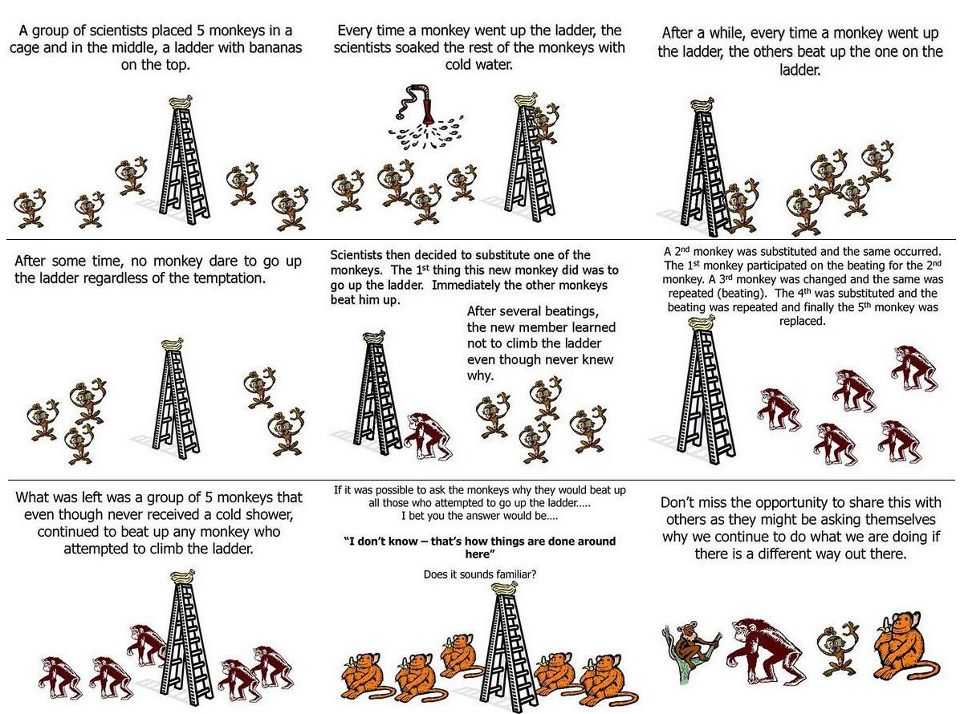
In his book, Learned Optimism: How to Change Your Mind and Your Life, Dr. Seligman noted that “The long period between infancy and our last years is a process of emerging from helplessness and gaining personal control.” He writes
Life begins in utter helplessness. The newborn infant cannot help himself, for he* is almost entirely a creature of reflex. When he cries, his mother comes, although this does not mean that he controls his mother’s coming. His crying is a mere reflex reaction to pain and discomfort. He has no choice about whether he cries. Only one set of muscles in the newborn seems to be under even the barest voluntary control: the set involved in sucking. The last years of a normal life are sometimes ones of sinking back into helplessness. We may lose the ability to walk. Sadly, we may lose the mastery over our bowels and bladder that we won in our second year of life. We may lose our ability to find the word we want. Then we may lose speech itself, and even the ability to direct our thoughts.
The long period between infancy and our last years is a process of emerging from helplessness and gaining personal control. Personal control means the ability to change things by one’s voluntary actions; it is the opposite of helplessness. In the first three or four months of an infant’s life, some rudimentary arm and leg motions come under voluntary control. The flailing of his arms refines into reaching. Then, to his parent’s dismay, crying becomes voluntary: The infant can now bawl whenever he wants his mother. He badly overuses this new power, until it stops working. The first year ends with two miracles of voluntary control: the first steps and the first words. If all goes well if the growing child’s mental and physical needs are at least minimally met, the years that follow are ones of diminishing helplessness and of growing personal control.
Many things in life are beyond our control—our eye color, our race, the drought in the Midwest. But there is a vast, unclaimed territory of actions over which we can take control—or cede control to others or to fate. These actions involve the way we lead our lives, how we deal with other people, how we earn our living—all the aspects of existence in which we normally have some degree of choice.
“The long period between infancy and our last years is a process of emerging from helplessness and gaining personal control.”
Learned helplessness is a phenomenon that most of us are familiar with and it is often a coping mechanism we use during trying times. When things become tough as they often become, we convince ourselves that there is nothing we can do, we become the victim, play the blame game and give up on our dreams, goals, and aspiration. For instance, when you start a business and you are not getting traction yet, when you get laid off or stay in a toxic relationship or bad working environment, we stay with our abusive and toxic spouse because of our fear of being alone, we stay in a life-draining job because we have bills to pay.
Rooted in Fear
Moral philosopher and author of The Monarchy of Fear, Martha C. Nussbaum said:
Fear is ubiquitous in human life. It starts in infancy with our primal state of helplessness, where we can see what’s going on but we can’t move to get it. As we grow older we become a little more able to get what we want but then we’re going to die so that gives fear another boost. But it’s heightened when there’s a threat. In this situation, it’s the combination of extreme polarization, where people are buffeted by conflicting views, and conditions — such as automation, outsourcing, and globalization — that make people whose living standards have dropped feel a sense of acute powerlessness.
At the core of our learned helplessness is the fear of losing control. We learn most of our helplessness in childhood. We got indoctrinated, domesticated, and conditioned with social, religious, financial, and life scripts, norms, and values that determine our perspective of life. As author Don Miguel Ruiz wrote in his book, The Four Agreements: A Practical Guide to Personal Freedom:
As children, we didn’t have the opportunity to choose our beliefs, but we agreed with the information that was passed to us from the dream of the planet via other humans. The only way to store information is by agreement. The outside dream may hook our attention, but if we don’t agree, we don’t store that information. As soon as we agree, we believe it, and this is called faith. To have faith is to believe unconditionally.
That’s how we learn as children. Children believe everything adults say. We agree with them, and our faith is so strong that the belief system controls our whole dream of life. We didn’t choose these beliefs, and we may have rebelled against them, but we were not strong enough to win the rebellion. The result is surrender to the beliefs with our agreement. Through this domestication, we learn how to live and how to dream. In human domestication, the information from the outside dream is conveyed to the inside dream, creating our whole belief system.
Children are domesticated the same way that we domesticate a dog, a cat, or any other animal. In order to teach a dog we punish the dog and we give it rewards. We train our children whom we love so much the same way that we train any domesticated animal: with a system of punishment and reward. We are told, “You’re a good boy,” or “You’re a good girl,” when we do what Mom and Dad want us to do. When we don’t, we are “a bad girl” or “a bad boy.”
All our normal tendencies are lost in the process of domestication. And when we are old enough for our mind to understand, we learn the word no. The adults say, “Don’t do this and don’t do that.” We rebel and say, “No!” We rebel because we are defending our freedom. We want to be ourselves, but we are very little, and the adults are big and strong. After a certain time we are afraid because we know that every time we do something wrong we are going to be punished
The domestication is so strong that at a certain point in our lives we no longer need anyone to domesticate us. We don’t need Mom or Dad, the school, or the church to domesticate us. We are so well trained that we are our own domesticator. We are an autodomesticated animal. We can now domesticate ourselves according to the same belief system we were given, and using the same system of punishment and reward. We punish ourselves when we don’t follow the rules according to our belief system; we reward ourselves when we are the “good boy” or “good girl.”
The domestication that Don Miguel Ruiz talks about is what leads to our long-term helplessness. We become autodomesticators of ourselves and we give up easily as we convince ourselves that nothing we do can change our situation. It can be tough weathering the storms and challenges of life as they often come back to back to back, it is what life is made of; a fight for territory. As author and motivational speaker often said “Don’t wish it was easier wish you were better. Don’t wish for less problems wish for more skills. Don’t wish for less challenge wish for more wisdom”. You are not helpless, powerless as most situations in life is figouratable.
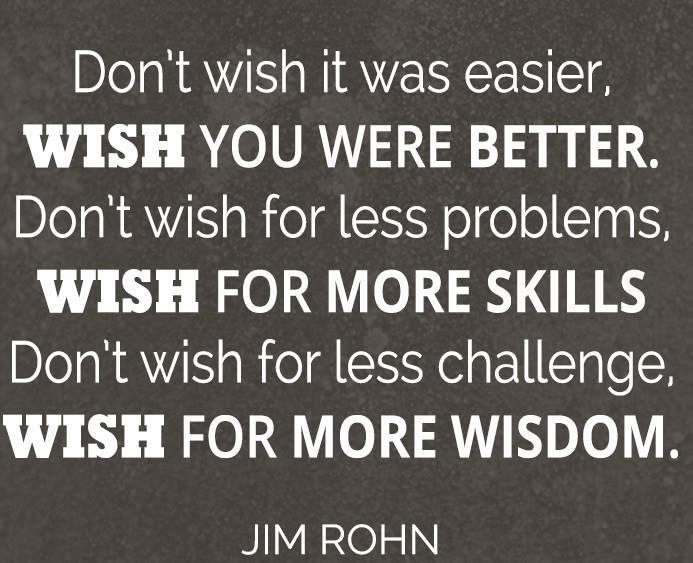
What we are really scared of in life such as our finance, health, and loss of control is a result of our sense that we are going to be helpless. Author and motivational speaker Jim Rohn writes in his book, leading an inspired life:
What really scares people about these situations is the sense that they’re going to be helpless—that all their trust was placed in somebody or something, and now they’ve been let down and they can’t do anything about it.
But remember, you’re never really helpless. And the sense that you are helpless, or that you might be if certain things were to happen, is what we really ought to be afraid of. We should refuse to accept it. You’re never just a victim of circumstances. No matter what happens, you’re never without options that can get you back on track. It takes courage to recognize that because it means accepting responsibility for your own future
Let me emphasize that underlying most fear is the fear of helplessness, of being victimized, of being blown around by the winds of fate like a leaf is blown off a tree. But is that really a legitimate way of looking at things? It sounds to me like being afraid of the dark, in which case the best thing to do is get yourself up out of bed and switch on the light.”
Underlying most fear is the fear of helplessness, of being victimized, of being blown around by the winds of fate like a leaf is blown off a tree.
It’s only in the past fifty years or so that people have come to expect a life without real tough times and real difficulties. But adversity isn’t something to fear, it’s something to expect, something to prepare for, and something to overcome.
Not Healthy
Author Beverly Engel writes in The Nice Girl Syndrome:
Women who don’t stand up for themselves often develop physical and emotional illnesses. Many become depressed because they feel so hopeless and helpless about being able to change their lives and because they turn their anger inward. Many are prone to certain types of headaches, muscle tension, nervous conditions, and insomnia.
“Everything can be taken from a man but one thing: the last of the human freedoms — to choose one’s attitude in any given set of circumstances, to choose one’s own way.” – Viktor Frankl
During trying times, we often feel helpless, powerless, and lose control of our emotions. Helplessness is the feeling you observing during the loss of a loved one, getting laid off, terminal illness diagnosis, caring for an ill family member or friend. It is a tough place to be and it often seems like it would last forever but the reality of life is that- every wound would eventually heal. You have to stay strong, hold on to your faith whatever it is, and keep pushing.
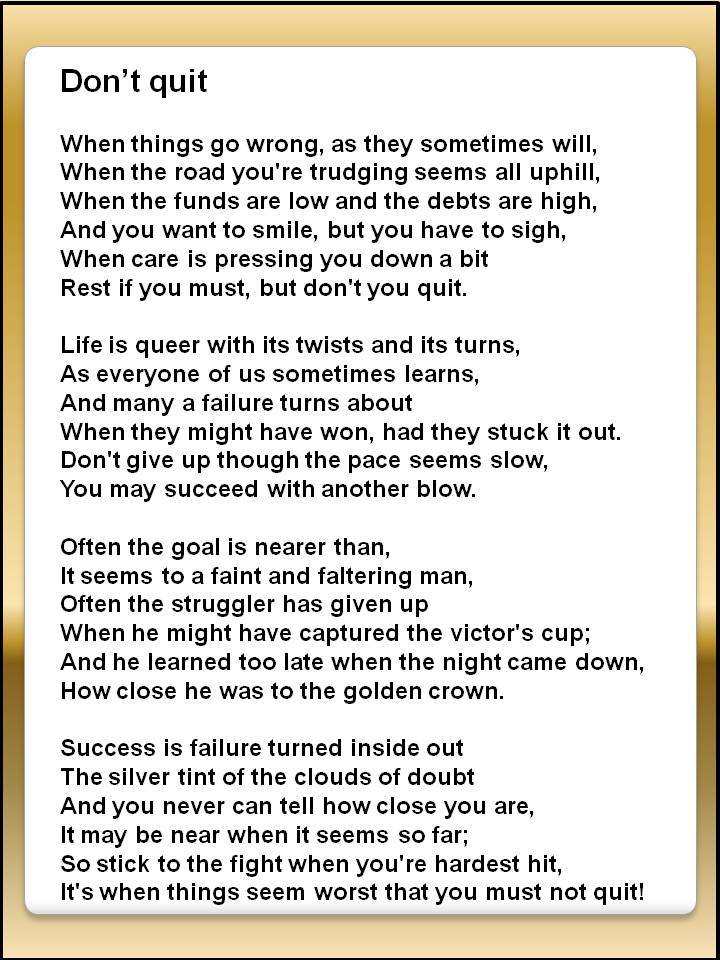
Success is failure turned inside out, The silver tint of the clouds of doubt, And you never can tell how close you are. It may be near when it seems afar. So stick to the fight when you’re hardest hit.
It’s when things seem worst that You musn’t quit.
Don’t quit on yourself by getting helpless and powerless after the multiple jobs or visa application rejection letters, multiple miscarriages, failed marriage, lack of funds, failures, job loss, depression, and all the challenges we all face. You’ve got this, this too shall pass. Take it a day and a step at a time. Although it feels overwhelming right now, you would learn from the experience with time. Everything is going to be alright eventually, I have been there a couple of times. As Martin Luther King Jr. observed, “Only when it is dark enough can you see the stars.”
All the Best in your quest to get Better. Don’t Settle: Live with Passion.
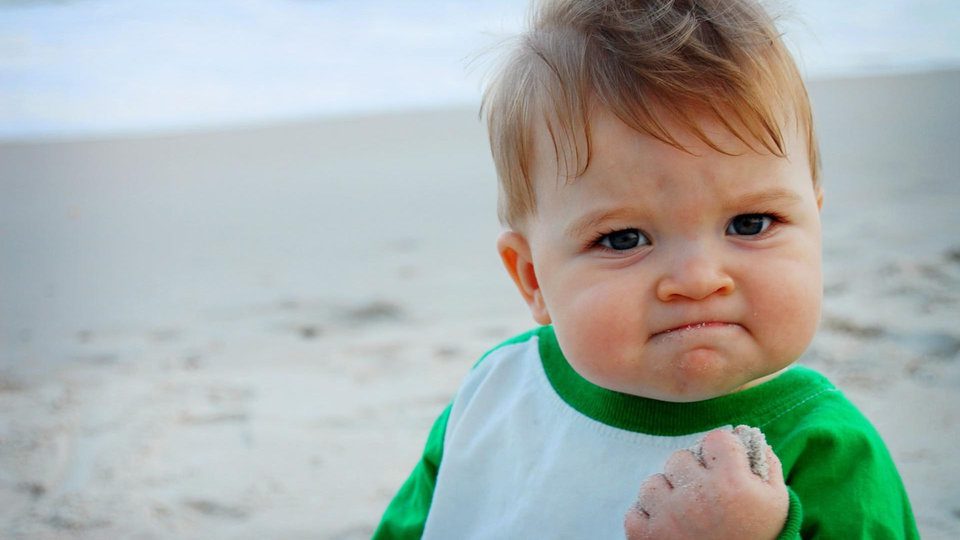
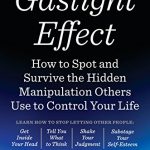
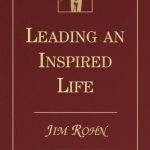
Comments are closed.